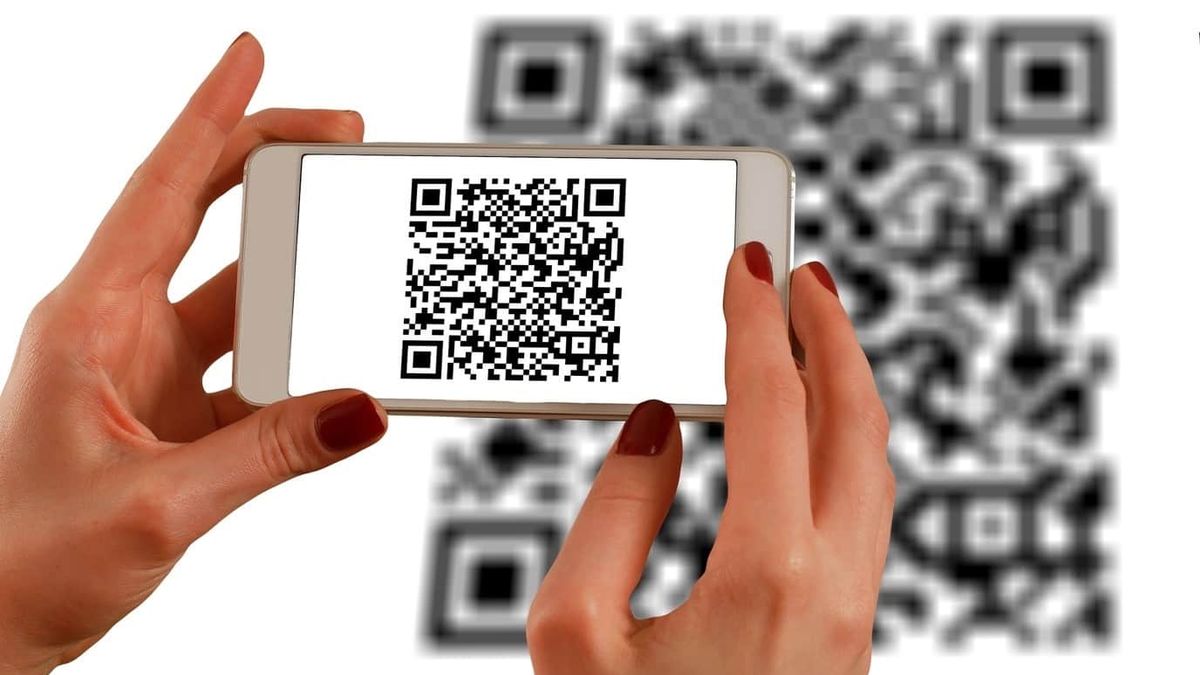Consultants and experts in commerce and digital payments recommended that the Central Bank have the necessary regulations so that QR codes are interoperable between the different market platforms. The modality should have started on May 1st but due to differences between the main company Payment Market and its competitor MODE it didn’t start.
MODO vs Mercado Pago: what is the debate over interoperability
MODO ratified before the National Commission for the Defense of Competition (CNDC) a complaint against Marcos Galperin’s company for abuse of dominant position and vertical integration of the business. The companies returned to the negotiating table.
At that instance Directors of the Central Bank are acting to facilitate the dialogue. From Mercado Pago it has been pointed out that MODO banks did not accept the economic conditions set for them, which is basically a fee to companies that process MODO payments, and other contractual conditions.
The differences between the two rangeBetween the 0.3% that Marcos Galperin’s company requires for each transaction, and the 0.07% that MODO offers, so if there is an agreement it is likely to be at an intermediate level.
In the previous, there are dcross statements before the National Commission for the Defense of Competition (CNDC) for abuse of dominant position. Banks demand that the Mercado Libre platform, where 80% of national electronic commerce is channeled, offer users the possibility of paying through MODO as an option to Mercado Pago.
Banks question the Mercado Pago ecosystem, where the sales platform (Mercado LIbre), the virtual wallet (Mercado Pago) and the “acquirer” (the posnet provider) are inextricably linked. They assure that in other countries these types of businesses are separated.
Transfer payment market.jpg
The daily limit to make transfers in Mercado Pago is $15,000,000.
MODO vs Mercado Pago: what analysts think
In this regard, the consultant Sergio Candelo explained that “in recent weeks, the Argentine financial and economic sector has been immersed in an intense debate about the commissions associated with the use of the QR code for digital payments.”
“According to information provided by key industry players, Mercado Pago plans to implement a rate of 0.3% for each transaction, while MODO, backed by banks, seeks to establish a lower commission, around 0.07%“, he pointed.
In this regard, Candelo said that “This panorama has generated a fervent exchange of opinions and expectations in relation to the impact that these rates will have on market dynamics and user experience.”
“While the importance of competition is understandable, this debate has become a struggle of titans for a portion of the market, without taking into account a superlative objective: achieving the greatest possible financial inclusion and reducing costs for everyone,” he explained. the consultant.
The owner of Snoop Consulting, considered that a “broader approach” should be applied since in his opinion “The real debate should not focus on how much to charge for the QR, but in how to facilitate access to digital payments for the greatest number of people and participating businesses.”
“The ultimate goal should be that more Argentines can use digital payment methods, benefiting from lower commissions, greater transparency and security in their transactions,” he explained.
The consultant recalled that ha den MODElinked to Mercado Pago in the National Commission for the Defense of Competition (CNDC).
“I consider that CNDC intervention might not be the best option in this case. The complaint seeks to resolve a dispute between two companies over the rates of a service, which could imply an unnecessary use of public resources,” he explained.
Instead, he maintained that “The Central Bank of the Argentine Republic (BCRA) has the necessary tools and experience to regulate these types of situations.”
“The regulations implemented by the BCRA should be focused on reducing commissions for the use of digital payment methods, thus encouraging their adoption by more people and businesses, especially smaller ones,” he explained.
Source: Ambito




